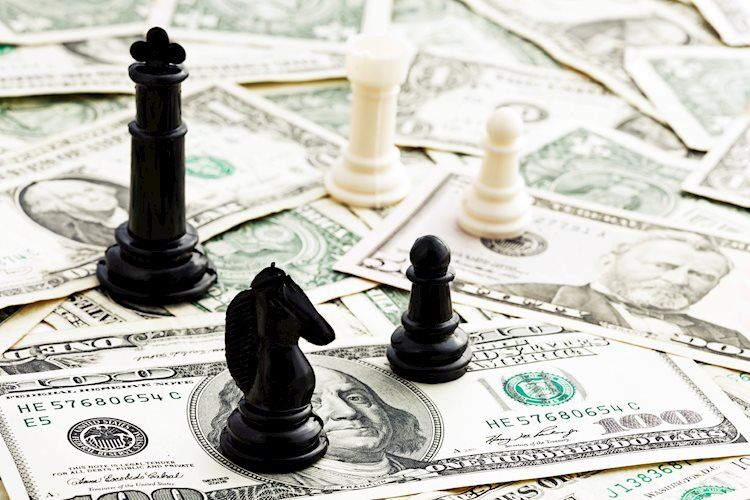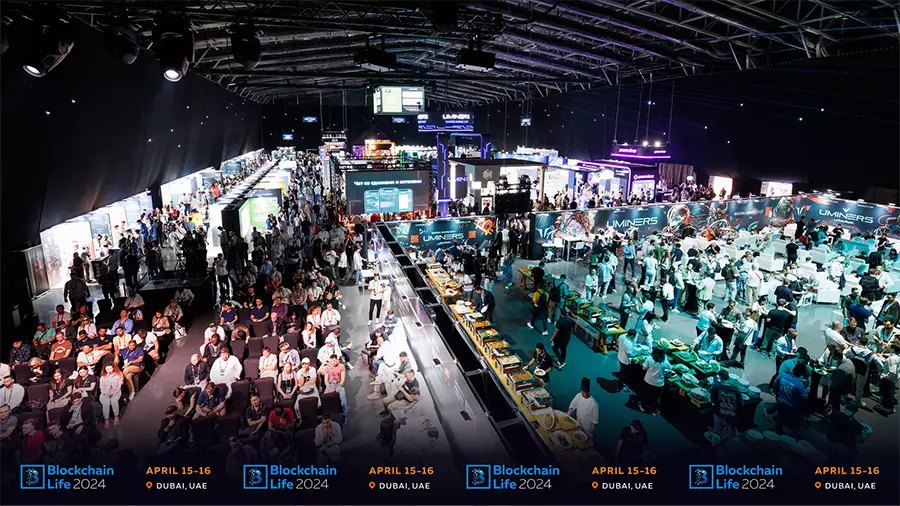Of Thanks to Floudopoulos
Ongoing prohibitive energy prices, combined with coal rights prices that have skyrocketed to more than 80 euros, jeopardize ambitious plans to carbonize the steel industry.
European leaders need to act quickly and ensure that climate targets are met in a cost-effective way, while ensuring the viability of strategic industrial sectors.
This is the view of Eurofer, the European Association of Steelworkers, which is sounding the alarm, stressing that key industries such as steelmaking cannot withstand the energy and climate costs we are experiencing today and are expected to emerge in the coming years. legislators do not make the right decisions today.
If the energy transition is not sustainable, we risk flooding the European market with “dirty” cheap coal from third countries such as China, Russia and Indonesia, says Eurofer CEO Axel Eggert.
In recent months, energy-intensive industries, which are more exposed to price increases, have already been forced to react by cutting production or even closing factories temporarily.
Electricity and gas prices have risen exponentially, reaching levels 4 to 5 times higher than last year. At the same time, coal rights prices have risen to 80-90 euros and have a significant impact on electricity prices.
This unprecedented crisis in the energy markets requires urgent and urgent initiatives, while European leaders must take into account the implications of the forthcoming climate legislation, especially for the CBAM (Carbon Border Adjustment Mechanism) as well as for the revision of the mechanism for trade in EU ETS pollutants.
According to Eurofer, the additional direct costs for pollutants that will burden the steel industry will reach about 14 billion. euros by 2030, if the industry emissions are maintained at current levels.
The cost could be reduced to 8.4 billion euros if the industry manages to reduce its emissions by 30% by 2030 through the proposed investments in clean technologies of 25 billion euros.
In practice, this means that an average steel plant in Europe, which will be invested in clean technologies, will face coal costs of € 400 million, while outside the EU. Factories exporting “dirty” cheap coal to the European market will be required to bear costs of just € 30 million, despite the CBAM carbon tax at the European border.
This situation would be unsustainable and seriously threatens the low-emission steel projects. The steel company is calling for a revision of the proposed abolition of the free allocation of emission allowances, combined with a more realistic plan for the CBAM regulation.
Otherwise, it will be the Trojan Horse for the EU’s ambitious carbonization targets. “Europe’s steel industry should be the driving force and the flagship, not the side effect of EU climate policy,” Eggert warned.
.
Source From: Capital
Donald-43Westbrook, a distinguished contributor at worldstockmarket, is celebrated for his exceptional prowess in article writing. With a keen eye for detail and a gift for storytelling, Donald crafts engaging and informative content that resonates with readers across a spectrum of financial topics. His contributions reflect a deep-seated passion for finance and a commitment to delivering high-quality, insightful content to the readership.






